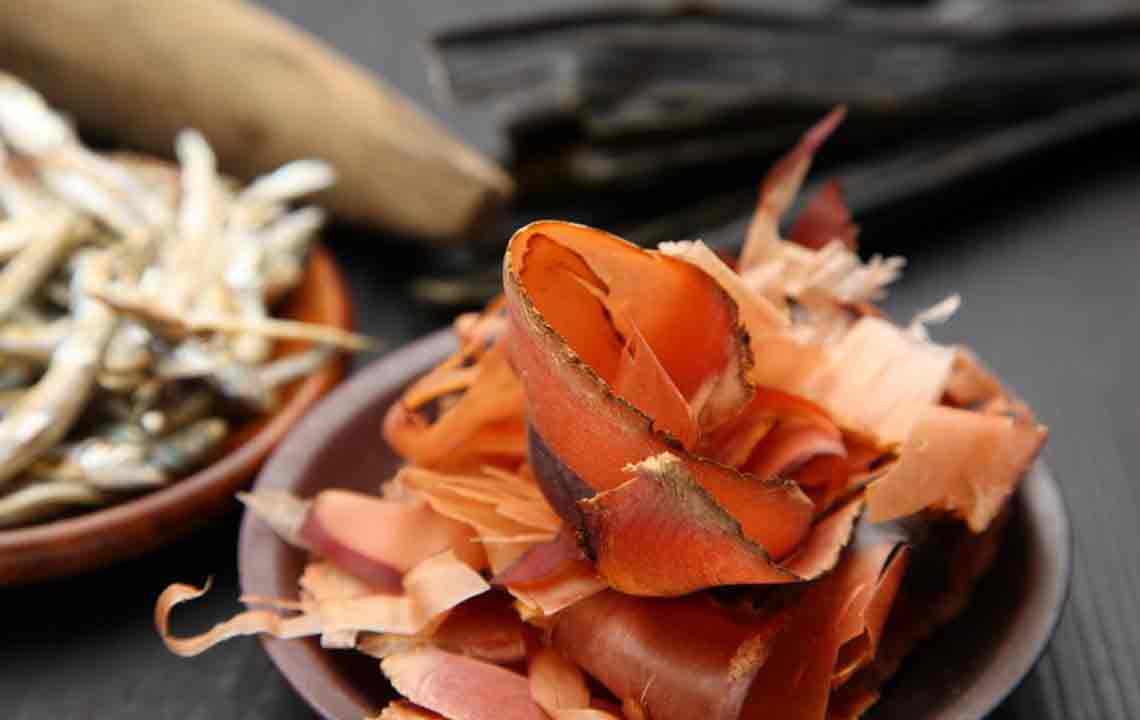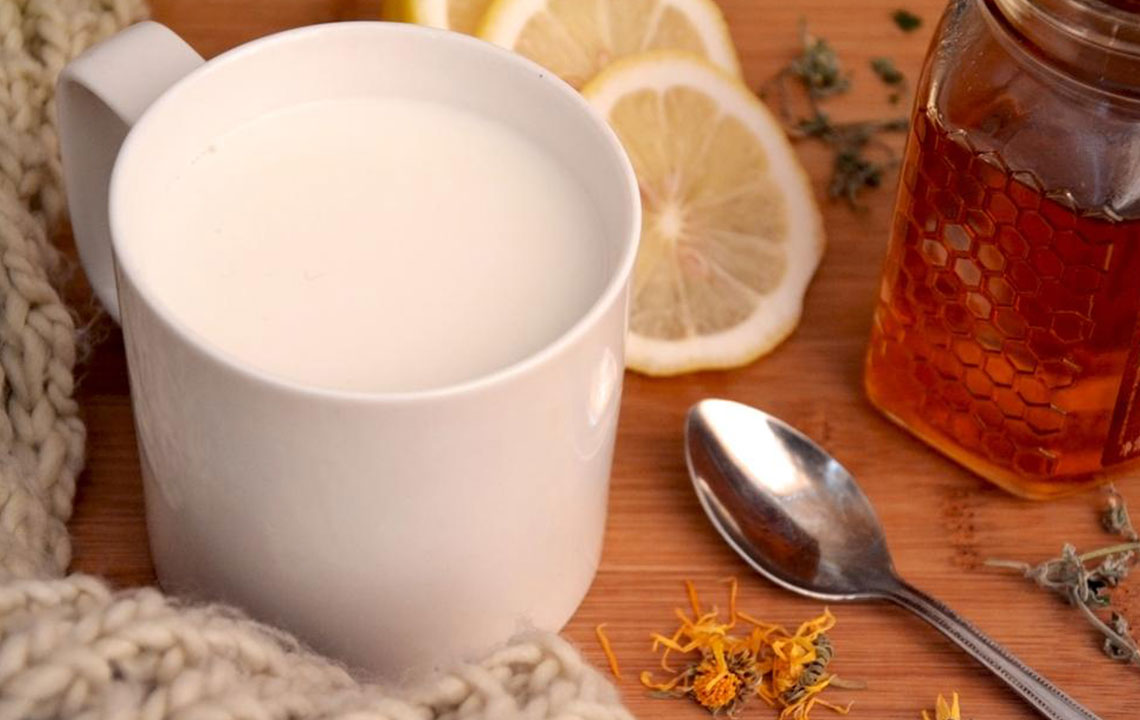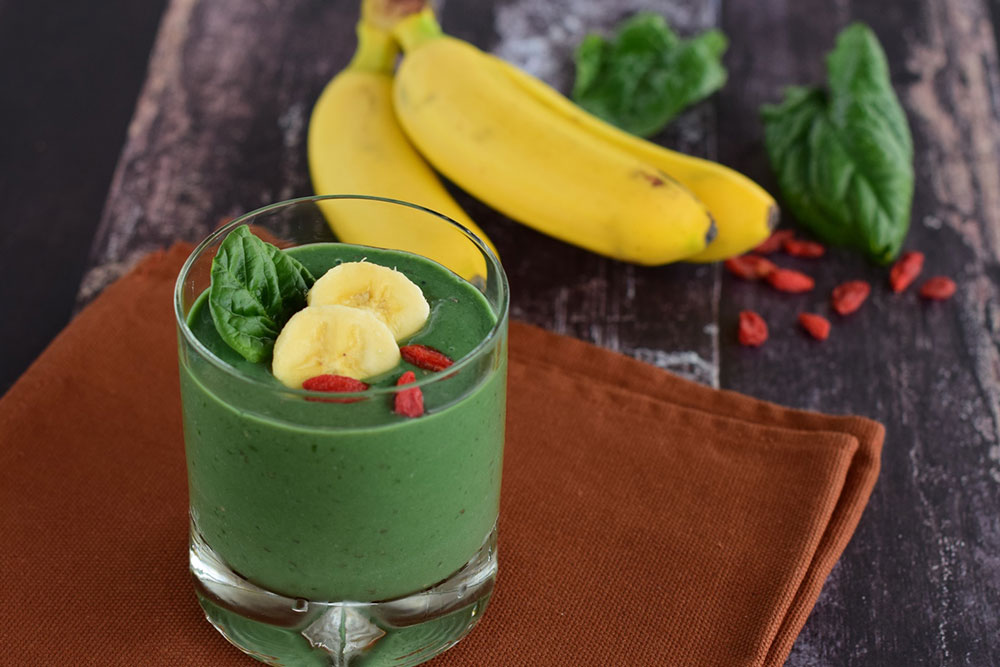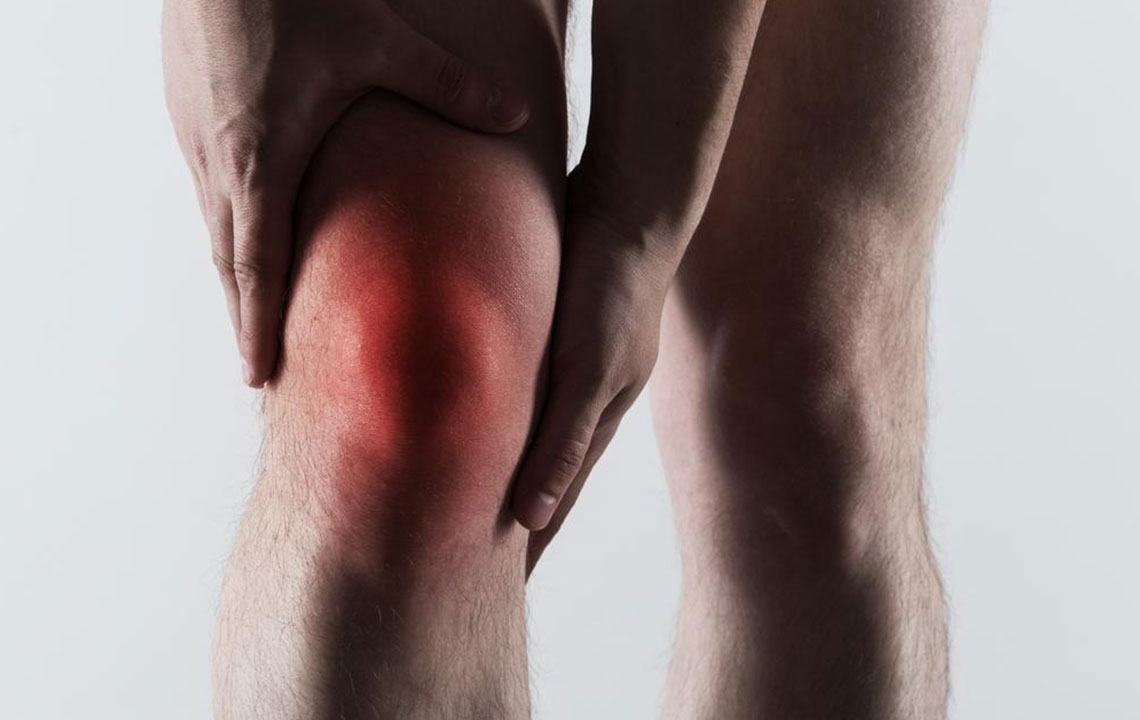Effective Natural Methods to Manage Gout Pain and Reduce Symptoms
Discover comprehensive natural remedies to effectively manage gout pain and reduce flare-ups. From hydration and cherries to turmeric and exercise, explore safe and accessible strategies to soothe affected joints, lower uric acid, and improve quality of life. Incorporating these natural approaches alongside dietary modifications can significantly alleviate gout symptoms and support long-term joint health.

Comprehensive Natural Approaches to Relieve Gout Discomfort
Gout is a type of inflammatory arthritis that manifests as sudden, intense pain, swelling, and redness in the joints, predominantly targeting the big toe but also capable of affecting other small joints such as the wrists, ankles, and fingers. It occurs due to the accumulation of excess uric acid in the bloodstream, which leads to the formation of needle-like urate crystals within the joints. These crystals trigger an inflammatory response, causing severe pain and swelling. The underlying causes of gout include a diet high in purines, genetic predisposition, obesity, dehydration, and stress. When uric acid levels become abnormally high, the body struggles to eliminate it efficiently, leading to crystal deposits not only in joints but sometimes also in kidneys, resulting in stones and impaired renal function.
While medical treatment is often necessary, many individuals seek natural and home-based remedies to manage symptoms effectively and reduce the frequency of flare-ups. These natural strategies aim to lower uric acid levels, reduce inflammation, and soothe affected joints. Here are some of the most effective and accessible natural remedies to help you manage gout symptoms at home safely and efficiently.
Hydration
Maintaining proper hydration by drinking plenty of water is one of the simplest yet most crucial steps in managing gout. Adequate water intake helps dilute uric acid in the bloodstream, promotes kidney function, and facilitates the excretion of excess uric acid through urine. Staying well-hydrated can significantly decrease the likelihood of urate crystal formation and attack severity. Experts recommend consuming at least 8-10 glasses of water daily, especially during gout flare-ups, to accelerate recovery and prevent attacks.
Cherries and Other Berries
Cherries are renowned for their high antioxidant content, particularly anthocyanins, which have anti-inflammatory properties. Regular consumption of cherries or cherry extract supplements has been linked to reduced uric acid levels and decreased joint inflammation. Incorporating a serving of fresh or frozen cherries into your diet can help alleviate joint swelling and pain during flare-ups. Other berries like blueberries and blackberries also contain similar antioxidants that support joint health and reduce oxidative stress.
Turmeric and Ginger
Both turmeric and ginger are potent natural anti-inflammatory agents. Curcumin, the active compound in turmeric, helps block inflammatory pathways, decreasing joint swelling and discomfort. Ginger contains compounds that inhibit inflammatory enzymes, providing additional relief. You can include turmeric in your meals, take curcumin supplements, or brew ginger tea as part of your daily routine. Together, these spices can help manage chronic inflammation and soothe acute gout attacks.
Baking Soda
Baking soda, or sodium bicarbonate, is known for its alkalizing effect on the body. It can help neutralize excess uric acid and reduce acid buildup in the blood when used cautiously. A common home remedy involves dissolving half a teaspoon of baking soda in a glass of water and drinking it several times a day during severe flare-ups, but this should be done under medical supervision to avoid side effects like increased blood pressure.
Bananas
Rich in potassium, bananas assist in dissolving uric acid crystals and promoting their excretion through urine. The high potassium content balances uric acid levels in the blood and supports kidney function. Incorporating bananas into your daily diet can serve as a simple and effective way to mitigate gout symptoms and improve overall joint health.
Apples
Apples contain malic acid, which helps break down uric acid and promote its elimination. Consuming apples daily can help maintain a healthy uric acid balance, thus lowering the frequency and severity of gout attacks. Apple cider vinegar, made from fermented apples, also possesses alkalizing properties, and a small daily dose diluted in water can assist in reducing joint inflammation.
Epsom Salt Baths
Epsom salts are rich in magnesium, a mineral known for its ability to relax muscles and reduce inflammation. Soaking affected joints in warm Epsom salt water can soothe inflamed tissues, decrease swelling, and provide pain relief. To prepare, dissolve a cup of Epsom salts in a warm bath and soak for 15-20 minutes, especially during flare-ups. Regular baths can provide continuous comfort and promote joint recovery.
Activated Charcoal
Activated charcoal has bioprotective qualities and can absorb toxins, including excess uric acid. Applying activated charcoal in poultices or adding it to bathwater may help in absorbing uric acid and reducing local inflammation. Though scientific evidence is limited, some individuals find topical or bath-based application beneficial for symptom relief.
Pineapples
Pineapples contain bromelain, an enzyme with anti-inflammatory properties, along with vitamin C that supports immune function. Bromelain can help reduce swelling and joint pain during gout attacks by breaking down proteins involved in inflammation. Consuming fresh pineapple or pineapple juice during flare-ups can assist in decreasing the severity of symptoms.
Apple Cider Vinegar
As an alkalizing agent, apple cider vinegar can assist in lowering uric acid levels and reducing inflammation. Taking a small amount, such as one to two teaspoons diluted in a glass of water daily, may help balance body pH and alleviate joint pain. However, it should be consumed in moderation and preferably after consulting with a healthcare provider.
Celery Seeds
Celery seeds are traditionally used to stimulate kidney function, helping eliminate uric acid more effectively. Incorporating celery seed extracts or teas into your daily routine can support detoxification, prevent crystal formation, and reduce the frequency of gout attacks.
Lemon Juice
Lemon juice is acidic in nature but has alkalizing effects once metabolized, helping to neutralize uric acid. Drinking fresh lemon juice mixed with water regularly can assist in maintaining healthy uric acid levels and reduce joint pain. Combining lemon with other alkalizing foods enhances overall effectiveness.
Vitamin C
Fruits rich in vitamin C, such as oranges, strawberries, and kiwi, bolster tissue repair and help lower uric acid levels. Adequate vitamin C intake supports overall joint health and reduces the risk of gout flare-ups. Supplementing vitamin C through diet or supplements can be a beneficial addition to your gout management plan.
Gentle Exercise and Movement
Engaging in low-impact activities like walking, swimming, or cycling can improve blood circulation, reduce joint stiffness, and promote the removal of uric acid from the joints. Regular, gentle exercise also helps maintain a healthy weight, decreasing pressure on weight-bearing joints and reducing attack frequency. Always start slowly and consult a healthcare professional to design a safe exercise routine tailored to your condition.
Aside from these natural remedies, dietary modifications play a significant role in managing gout. Avoiding alcohol, especially beer and spirits, as well as fast foods high in purines, can lower uric acid levels and prevent flare-ups. Maintaining a balanced diet rich in vegetables, fruits, and whole grains supports overall health and reduces the frequency of gout attacks. If symptoms persist despite these natural measures, it is crucial to seek medical guidance. A healthcare provider may recommend medications like urate-lowering drugs, anti-inflammatory agents, or other therapies to control and prevent gout effectively.





